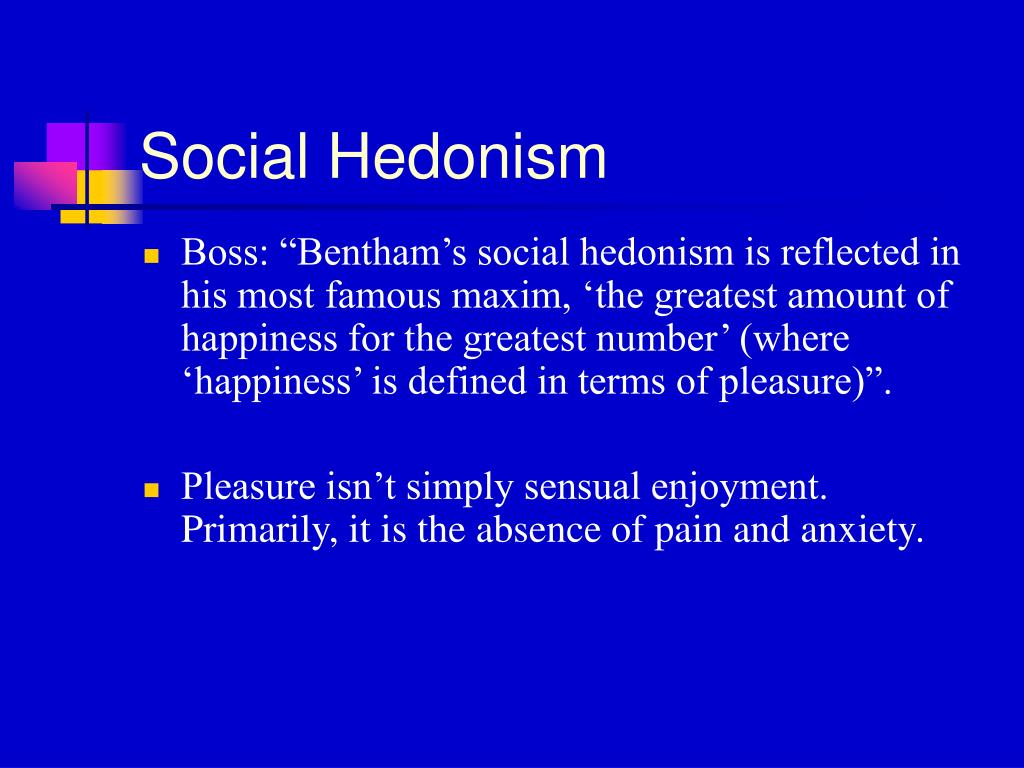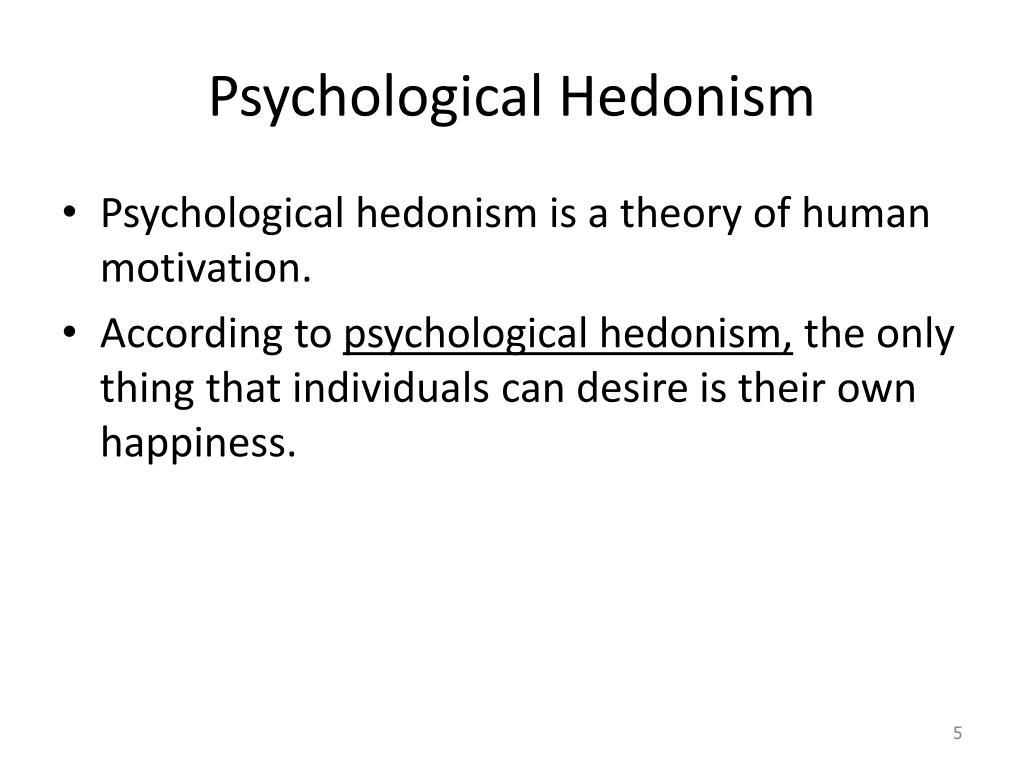

Direct and Indirect Consequentialism: Explaining The Difference between Act Utilitarianism and Rule Utilitarianism Much of consequentialism’s appeal may stem from the conviction that making the world a better place is simply more important than any of these competing moral goals. And according to virtue ethics, morality is fundamentally about having a virtuous character. For example, according to deontology, morality is about following a system of rules, like “Do Not Lie” or “Do Not Steal”.

The ends in this case justify the means.Ĭonsequentialism’s rivals offer alternative accounts of what one morally ought to do that depend on features other than the value of the resulting outcome. In exceptional cases, breaking a promise could be the morally best action available, such as when it is necessary to save a life. However, breaking a promise is not considered wrong in itself. For instance, when breaking a promise has bad consequences-as it usually does-consequentialists oppose it.

Thus, to evaluate whether to perform an action, we should look at its overall consequences, rather than any of its other features (such as the type of action that it is). On this view, bringing about good outcomes is all that ultimately matters, from a moral perspective. Utilitarianism is a form of consequentialism, which we define as follows:Ĭonsequentialism is the view that one ought always to promote good outcomes. The Four Elements of Utilitarianism Consequentialism Sometimes philosophers talk about “welfare” or “utility” rather than “well-being”, but they typically mean the same thing. Utilitarianism is the view that one ought always to promote overall well-being. Utilitarian theories share four defining elements:Ĭombining these, we can define utilitarianism as follows: There are several further important distinctions between utilitarian theories: we can distinguish scalar from maximizing or satisficing utilitarianism, expectational from objective utilitarianism, multi-level from single-level utilitarianism, and global from hybrid utilitarianism. Classical utilitarianism is distinctive because it accepts two additional elements: first, hedonism as a theory of well-being second, the total view of population ethics. Utilitarian theories share four elements: consequentialism, welfarism, impartiality, and aggregationism. Maximizing, Satisficing and Scalar UtilitarianismĪs explained in Chapter 1: Introduction to Utilitarianism, the core idea of utilitarianism is that we should want to improve the well-being of everyone by as much as possible.Global Utilitarianism and Hybrid Utilitarianism.The Difference Between Multi-Level Utilitarianism and Rule Utilitarianism.Multi-level Utilitarianism Versus Single-level Utilitarianism.Expectational Utilitarianism Versus Objective Utilitarianism.Reconstructing Rightness: Maximizing, Satisficing, and Scalar Utilitarianism.Further Distinctions Among Utilitarian Theories.The Two Elements of Classical Utilitarianism.



 0 kommentar(er)
0 kommentar(er)
